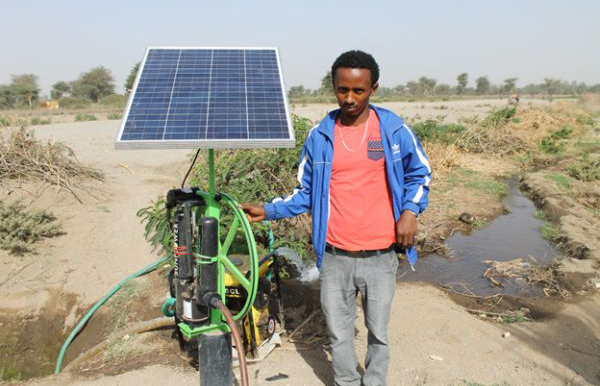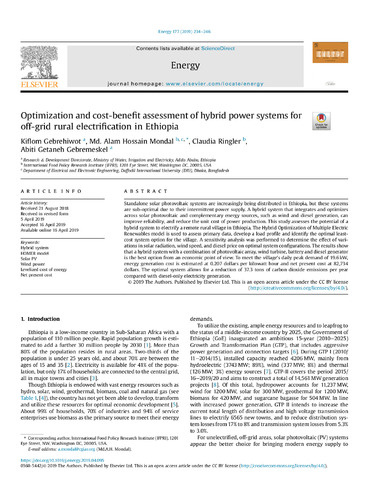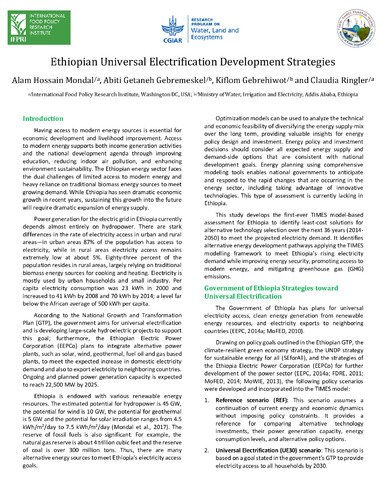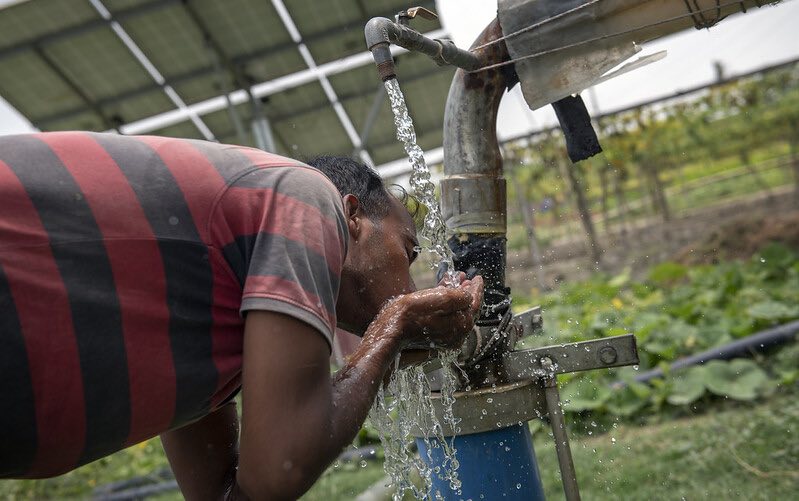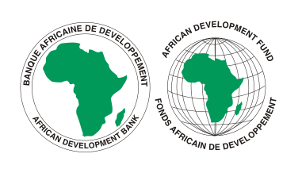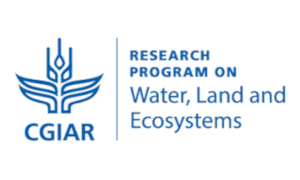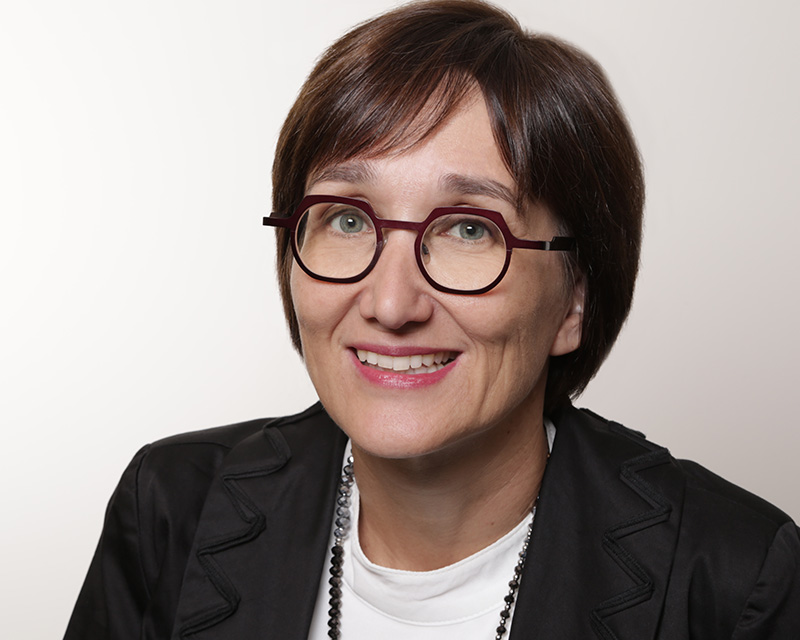Alternative pathways to improve electricity access in Ethiopia
What is the challenge?
Equal access to modern energy not only helps increase incomes but also supports the development agenda through improving education, reducing indoor air pollution, and enhancing environmental sustainability. But rural energy access remains under-developed in most countries in Africa south of the Sahara.
Ethiopia is such a country, facing the dual challenges of limited access to modern energy and heavy reliance on traditional biomass energy sources. While the country has seen very high economic growth in recent years, sustaining this growth into the future will require a dramatic expansion of its energy supplies.
According to the National Growth and Transformation Plan, the Government of Ethiopia aims to achieve universal electrification and is developing large-scale hydroelectric projects to support this goal. The Ethiopian Electric Power Corporation plans to integrate alternative power plants, such as solar, wind, geothermal, fuel oil and gas based plants, to meet the expected increase in domestic electricity demand and also to export electricity to neighboring countries. However, policy advice based on comprehensive energy analysis to improve electricity access and diversification of the energy supply-mix to develop a sustainable power sector is lacking in Ethiopia.
Project objectives
This project aims to provide evidence-based policy recommendations for optimal use of the country’s energy resources to improve electricity access, promote energy security and mitigate greenhouse gas emissions to contribute to mitigating climate change. It contributes to the design of policies and strategies that minimize investment risk for scaling up clean technologies for power generation in Ethiopia. The project attempts to address energy access, security and emission mitigation challenges by:
- Examining the potential contribution of renewable energy in the future Ethiopia power supply-mix
- Assessing the techno-economic feasibility of renewable based off-grid electricity
- Assessing alternative energy development pathways with national agencies using a regional (Ethiopia-Egypt-Sudan) TIMES model for “on-grid” electricity generation plans
- Presenting insights into both direct and co-benefits of alternative clean energy development strategies
- Developing national capacity on energy planning
Basic information
Two energy optimization models, the Hybrid Optimization of Multiple Energy Resources (HOMER) model and the TIMES (The Integrated MARKAL-EFOM System) model are applied for power sector analysis for “off-grid” and “on-grid”, respectively. Both training events and policy workshops will be organized as part of the project.




